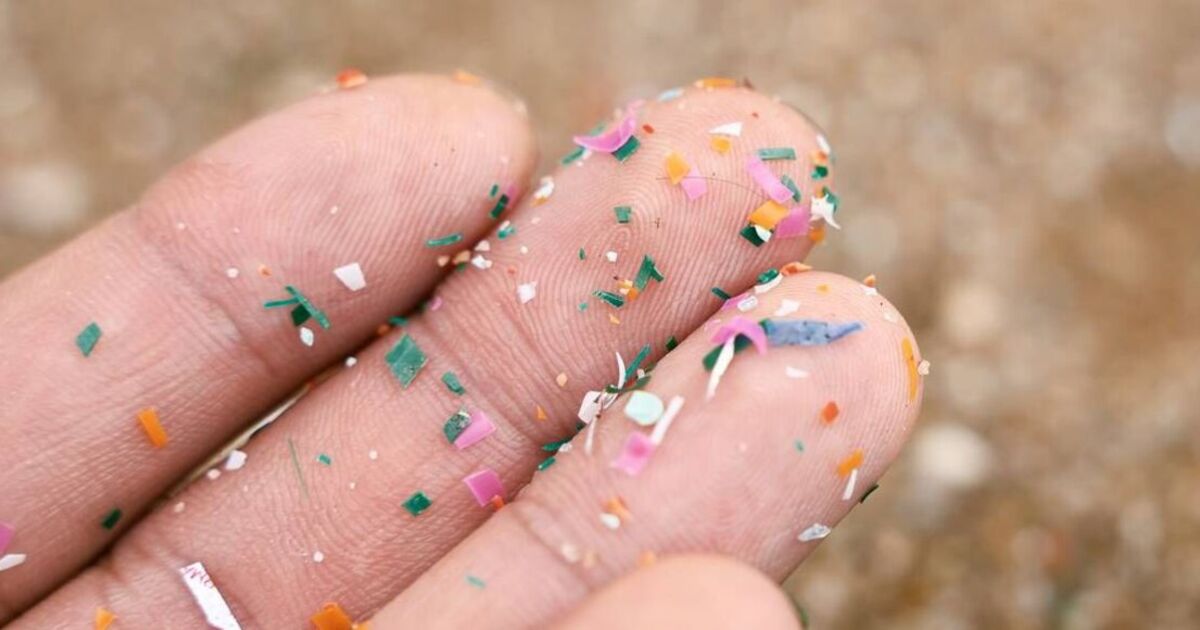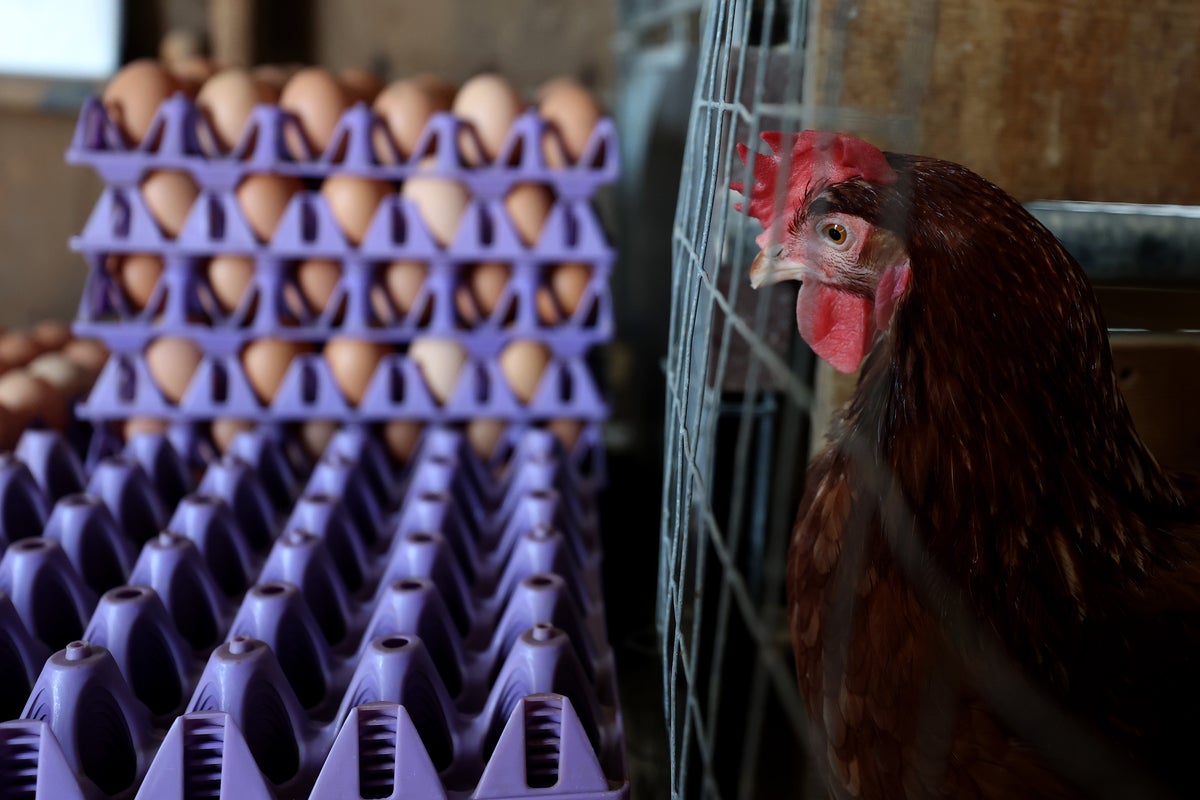A latest research has revealed a disturbing reality: our brains include extra microplastics than some other organ, and the quantity of those tiny plastic particles is growing at an alarming price.
The analysis, revealed in Nature Drugs on Monday, was carried out by scientists from the College of New Mexico Well being Sciences. They examined mind, kidney, and liver samples collected throughout autopsies in 2016 and early 2024.
The outcomes confirmed “considerably increased concentrations” of plastic within the 2024 mind tissue.
Matthew Campen, co-lead creator of the research, mentioned: “The concentrations we noticed within the mind tissue of regular people, who had a median age of round 45 or 50 years previous, have been 4,800 micrograms per gram, or 0.48% by weight.” That is equal to a whole customary plastic spoon.
Much more regarding, the researchers discovered that microplastics in human brains have elevated by 50% over the previous eight years. “That will imply that our brains immediately are 99.5% mind and the remainder is plastic,” Campen famous.
He added: “There’s far more plastic in our brains than I ever would have imagined or been snug with.”
The research additionally discovered that individuals with dementia had as much as ten instances as a lot plastic of their brains than these with out the illness. Nevertheless, Campen cautioned in opposition to leaping to conclusions: “We need to be very cautious in decoding these outcomes because the microplastics are very probably elevated due to the illness (dementia), and we don’t presently recommend that microplastics might trigger the illness.”
Campen mentioned the steadily growing price of microplastics discovered within the mind is immediately associated to Earth’s rising plastic waste and he hopes the findings elevate considerations. “I’ve but to come across a single human being who says, ‘There is a bunch of plastic in my mind and I am completely cool with that,'” he mentioned.
Campen defined that micro and nanoplastics are roughly the identical dimension as viruses, making them sufficiently small to breach the blood-brain barrier. He speculates they might be discovering their approach into folks’s our bodies by way of meals consumption, primarily meat.
“The best way we irrigate fields with plastic-contaminated water, we postulate that the plastics construct up there,” he mentioned. “We feed these crops to our livestock. We take the manure and put it again on the sector, so there could also be a form of feed-forward biomagnification.”
Discovering plastic within the mind does not essentially imply it causes hurt, Phoebe Stapleton, an affiliate professor of pharmacology and toxicology at Rutgers College mentioned. Phoebe, who wasn’t concerned within the research, shared with CNN: “It’s unclear if, in life, these particles are fluid, getting into and leaving the mind, or in the event that they accumulate in neurological tissues and promote illness.
“Additional analysis is required to grasp how the particles could also be interacting with the cells and if this has a toxicological consequence.”
,
#Spoonful #microplastics #human #brains #ranges #growing,
https://cdn-images.the-express.com/img/dynamic/19/1200×630/326316.jpg ,


